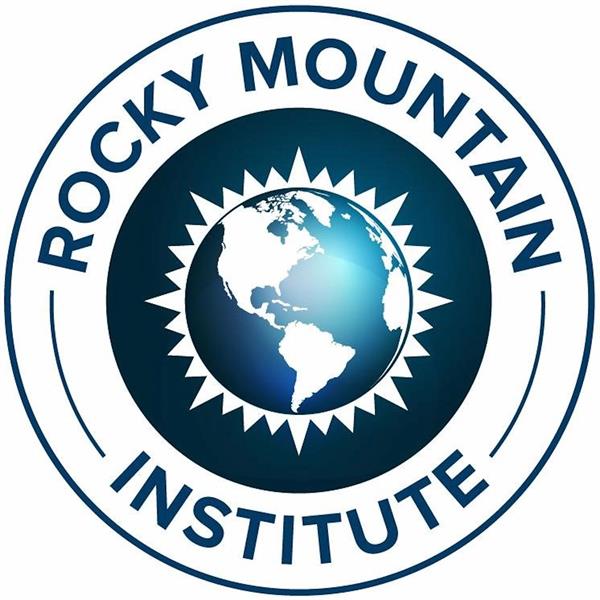On March 15, 2022, officials of the National Utilities Regulatory Commission (NURC) and the Rocky Mountain Institute hosted with key stakeholders a United States Trade and Development Agency-funded micro-grid feasibility study in Saint Lucia.
In the interest of keeping stakeholders apprised, this session created an opportunity to provide stakeholders with the ability to better understand and participate in this initiative from the onset and to gain buy-in for this project.

Stakeholder engagement is one of the important elements of the Commission’s obligations and in discharging its duty effectively and in a manner that is transparent and accountable, the NURC must understand the interests of all stakeholders. This can be best achieved by engaging stakeholders in the Commission’s decision-making process and regulatory initiatives.
The project which was secured through the United States Trade and Development Agency awarded a technical assistance grant to the NURC in an effort to advance the Saint Lucia’s renewable power generation infrastructure and energy sector resilience. Accordingly, the project will aid in developing an enabling regulatory environment for renewables and assess the feasibility of implementing six solar-plus-storage microgrids at critical facilities in Saint Lucia. The Colorado-based Rocky Mountain Institute (RMI) was selected as a contractor to perform the study over a twelve-month period commencing March 2022. The project aims to prepare, develop, and de-risk Saint Lucia’s first aggregated critical facilities microgrids project. RMI will provide and manage technical, financial, and legal advisory services to assist the NURC. The Study will assess the technical, economic, and financial viability of the Project and will result in a final report inclusive of all the analyses and recommendations performed pursuant to project financial closing.
The NURC believes that engagement and education critically hinge on the ability to recognise and consider the viewpoint of its stakeholders, using information accumulated from these sources to design policies and resolve regulatory challenges.
About the NURC:
National Utilities Regulatory Commission (NURC) is a multi-sector independent regulator established pursuant to the National Utilities Regulatory Commission Act of No.3 of 2016, to regulate utility supply services including, water, sewerage and electricity in Saint Lucia. The NURC, is also responsible for (among other things):
- Ensuring the economic regulation of utility supply services,
- Establishing, approving, monitoring and reviewing tariff schemes and tariffs,
- Monitoring and ensuring compliance with standards,
- promoting the economic regulation of utility supply services,
- Ensuring the protection of the interest of consumers in relation to the provisions of the utility supply service,
About the USTDA
The U.S. Trade and Development Agency helps companies create U.S. jobs through the export of U.S. goods and services for priority infrastructure projects in emerging economies. USTDA links U.S. businesses to export opportunities by funding project preparation and partnership building activities that develop sustainable infrastructure and foster economic growth in partner countries. USTDA achieves its mission by funding feasibility studies, technical assistance and pilot projects that integrate U.S. private sector innovation into infrastructure projects at the critical early stages when design choices and technology options are determined.
About the RMI:
RMI is an independent, non-partisan, non-profit organization of experts across disciplines working to accelerate the clean energy transition and improve lives. RMI decarbonizes energy systems through rapid, market-based change in the world’s most critical geographies and address the climate crisis by working with businesses, policymakers, communities and other organizations to identify and scale energy system interventions to reduce greenhouse gas emissions.